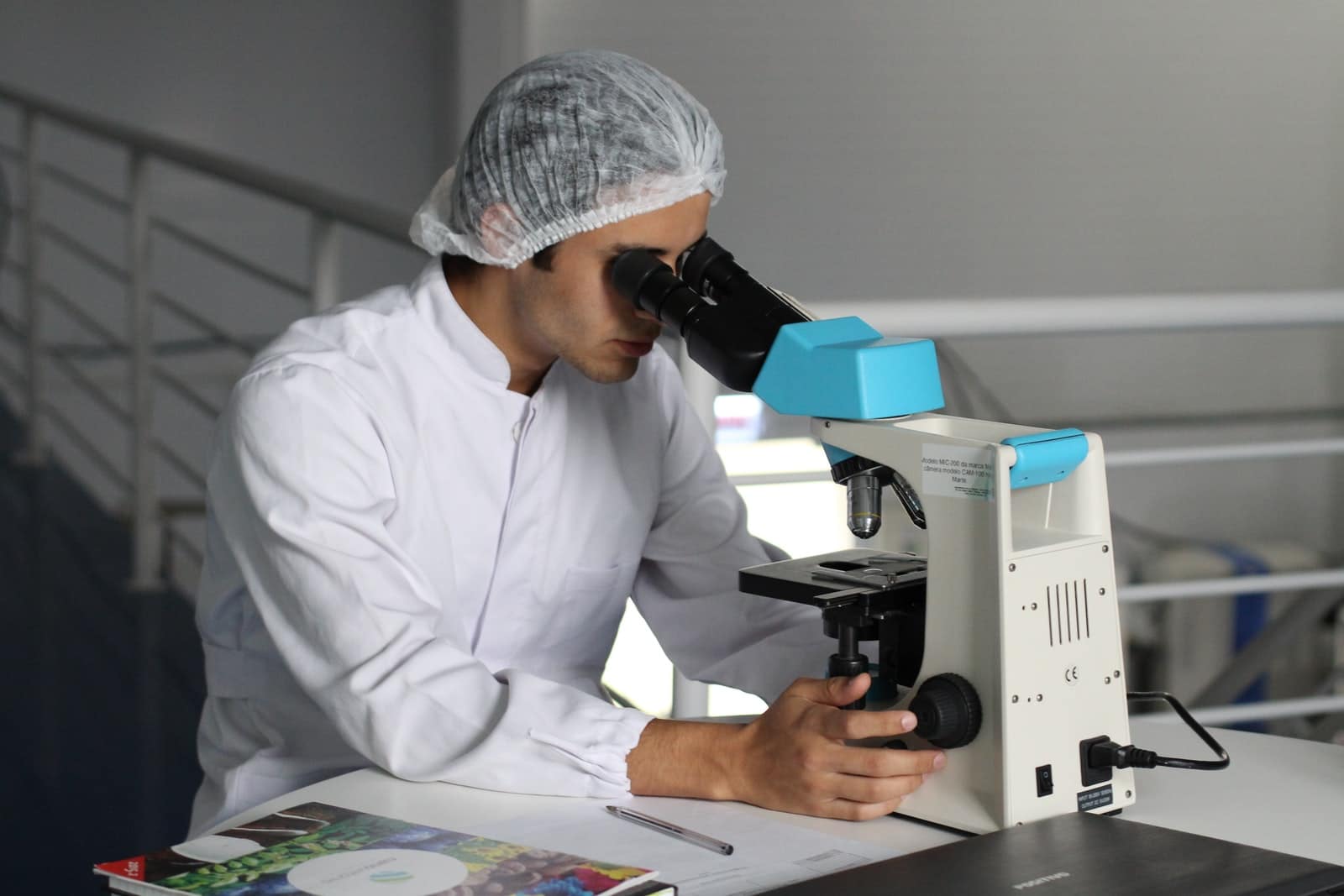WARSAW, Poland (CNS) — The director of Greece’s Catholic charitable organization said the situation on Lesbos island remains tense after a fire at a refugee camp left at least 12,000 homeless.
“The situation remains chaotic, as the government tries to bring the refugees into a new camp, with reassurances they’ll be looked after,” said Maria Alverti, director of Caritas Greece.
“But we don’t know what will happen if they don’t comply. Part of the local population is reacting in a more extreme way to the presence of so many refugees. There are reports of local groups patrolling the streets, taking the law into their own hands, with cases of violence against aid workers.”
A Sept. 9 fire at Camp Moria left thousands from Syria, Afghanistan and 70 other countries sleeping on streets and beaches.
In a Sept. 16 interview with Catholic News Service, Alverti said police and army units had closed roads to prevent refugees converging on the island’s main town, Mytilene.
However, she added that the mood had changed among local Greeks, with clashes erupting as efforts were made to “protect one population from the other.”
“Some (refugees) believe they’ll stand a better chance of relocation if they don’t register at the new camp, so there’s confusion and tension,” Alverti said. “Some locals think NGOs like ours are part of the problem, and we’ve been stopped in our cars and asked what we’re doing and where we’re going.”
The overcrowded, underequipped Camp Moria, with an official capacity for just 2,800, burned early Sept. 9, sending thousands fleeing its tents and makeshift containers.
Michalis Chrysochoidis, Greece’s civil protection minister, said Sept. 15 that police had arrested several suspected arsonists.
The European Union said member states had so far agreed to take 400 unaccompanied minors from Lesbos. Catholic bishops in Germany, Austria and other countries urged a policy change to allow more refugees to be accepted by the European Union.
Alverti said Greek authorities were cooperating well with Caritas, which runs an office on Lesbos, but cautioned that a new refugee camp, set up with army help within four days of the fire, still needed resources if it was not to recreate conditions at Camp Moria.
“For years, we spoke up about how Moria was shaming Europe, and no one would listen. Unfortunately, it took a fire for the EU and Greek government to do something,” Alverti said.
“As a Catholic organization, we sometimes offer a different perspective when speaking out. But while our church is generally supportive, I’m not sure how much its message is really heard.”
Lesbos island is separated from Turkey by the Mytilini Strait and is actually closer to Turkey than to the Greek mainland.
Turkey reopened its border to refugee departures in February, after accusing the EU of reneging on a 2015 agreement to help the estimated 3.6 million refugees on its territory. The caused a sixfold increase in arrivals in Greece.
EU rules require asylum-seekers to stay in the country where they first applied for asylum unless another European country is willing to host them. With the COVID-19 pandemic, the transfer of asylum-seekers to other facilities in Greece and around Europe stopped.
In August, Caritas-Greece said increased police, army and navy patrols had reduced the refugee influx, but cautioned at least 32,000 were stranded on Lesbos, Chios, Samos and other islands, facing food shortages, abuse and violence.













